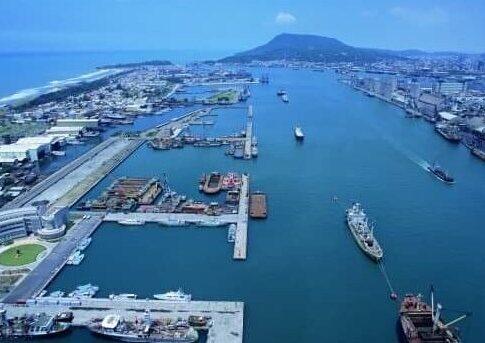In an era where the merger of economic growth and environmental sustainability is imperative, Egypt finds itself at a crossroads with its blue economy. The Egyptian Center for Economic Studies recently hosted a symposium titled, “Is Egypt on the right path to achieving sustainability in its blue economy?” This event aimed to dissect the opportunities and challenges Egypt faces within the global blue economy framework—a sector that has gained international significance due to its promise of sustainable development harnessing marine resources.
The blue economy is an innovative economic framework that emerged in 2010 and gained official status by 2016. It encompasses six main sectors: coastal tourism and diving, shipping and maritime transport, fishing and fish farms, chemical industries based on marine resources, and renewable marine energy. These sectors intertwine economic prosperity with environmental conservation, a balance that is globally pursued.
Remarkably, the global blue economy supports 500 million jobs, ensures 40% of global food security, and is valued at approximately $15 trillion. Moreover, it plays a pivotal role in reducing carbon emissions. Countries like China and South Africa have successfully integrated the blue economy into their GDP—contributing 9% and 4.5%, respectively—highlighting the economic vitality and environmental importance of this model.
At the symposium, various experts presented insights into Egypt’s potential and hurdles in the blue economy. Eng. Ali El Haddad emphasized the significance of Egypt’s fish farming sector, particularly tilapia, which has flourished due to private sector involvement. However, despite high production volumes, export levels remain minimal. The bottleneck stems from a lack of a robust fish processing industry and bureaucratic hurdles, underscoring the necessity for regulatory reforms to enhance processing capabilities and meet international export standards.
Similarly, Eng. Mohamed Sherine El-Naggar spotlighted Egypt’s maritime transport sector. Despite significant opportunities, the sector is plagued by conflicting port fees and regulatory inconsistencies. The call for unified tariffs and regulations echoes throughout the industry, aiming to streamline operations and boost Egypt’s maritime competitiveness.
Moreover, the symposium highlighted other promising avenues, such as investment in submarine cables, which carry 95% of global data and offer lucrative potential due to Egypt’s strategic geographic location. There’s also untapped potential in renewable energies and pharmaceutical industries utilizing marine-derived resources. Yet, the absence of a cohesive national strategy hinders these prospects.
Dr. Abla Abdel Latif, Executive Director at the Center, pointed out that Egypt’s primary barrier is not a lack of opportunity but institutional disorganization. The overlapping authority among different ministries dilutes efforts and stifles progress. The symposium underscored the urgent need for a robust institutional framework, spearheaded by an independent body, to effectively coordinate and implement blue economy strategies. Such structural reform mirrors successful international practices and is crucial to unlocking Egypt’s full potential in the blue economy.
Egypt stands poised on the cusp of an economic transformation driven by its blue economy. However, realizing this potential hinges on overcoming institutional inertia, regulatory challenges, and strategic planning. As global attention sharpens on sustainable growth, Egypt must carve a clear path forward, aligning its rich marine resources with comprehensive policy reforms. Only then can Egypt ride the wave of the blue economy to sustainable prosperity and environmental stewardship.


